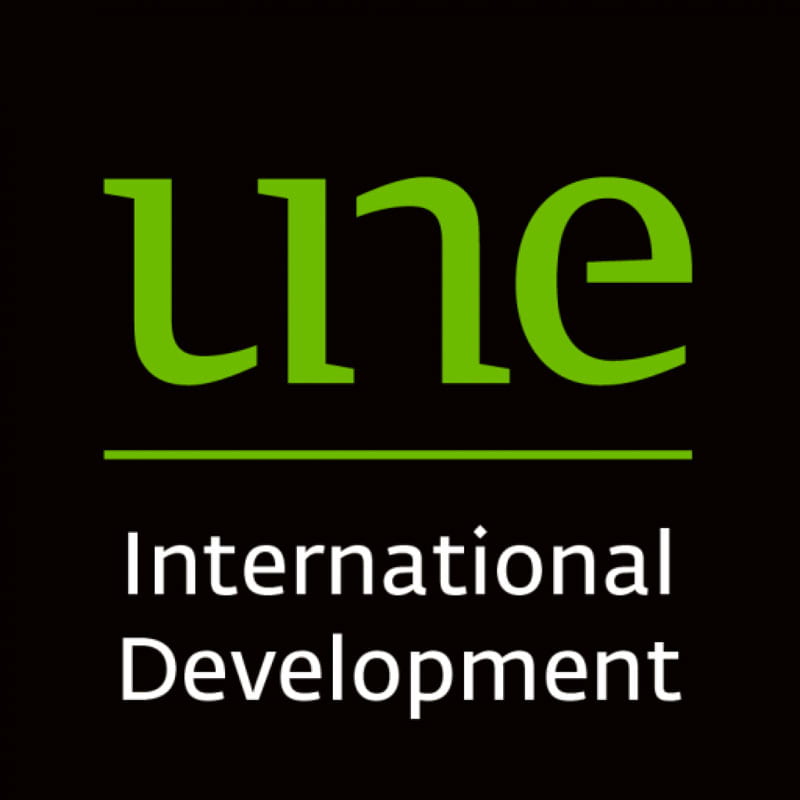University of New England Professor of Mathematics Education, Dr Penelope “Pep” Baker shares her work in international development and how the COVID-19 pandemic has affected her research.
“Of all places I have worked, Nauru has been my stand-out in the Pacific region. It was here I experienced cultural immersion. My work is driven by the notion of culturally responsive education. Through the Nauruan People I learnt to listen to people’s stories, acknowledge lived experiences, and the power of collaborative partnerships to facilitate growth and change. I came to learn the value of true partnerships, and seeing academic life as ‘service’ rather than ‘for self’.
The pandemic has confirmed the value in immersing your research physically in culture and community. Whilst we have maintained two research projects in Nauru during the pandemic, we have modified our approach to make the most of online tools and we are meeting our deliverables over an extended period of time using the same funds. It has been difficult, as you are aware how easily issues can be dealt with when you are on the ground working with people.
Personally, I like to work in teams, and bounce ideas between my colleagues. I really missed this when working from home during the pandemic. I feel like my wings have been clipped being unable to travel for research purposes.
The usual cycle of projects that involve travel have dramatically reduced. Staff that I have had work with me on Pacific education projects since 2014 are not as secure in employment as they were prior to March 2020. My concern is losing the bank of knowledge and expertise we have built in this area. I have also noticed a growing trend towards awarding projects to large consultancy firms who then out-source to teams who have the expertise and preparedness to work on the ground. I believe this creates an unnecessary layer of administrative costs. Regional university research teams have demonstrated that their networks result in collaborative expert research groups appropriate to the aims of the project.
The Nauru Teacher Education Project (DFAT funded) which commenced in 2013 to present, situates teacher education courses on-island, thus enabling Nauruan students to remain in their communities for the majority of their studies and receive the family and community support they relish and require.
With 40 graduates, and a population of 11,000 in Nauru, our findings are drawn from qualitative methodologies due to the size of the data set and in-depth questioning required to ascertain the “why”. The “why” relates to the reasons education challenges and hurdles persist, and the effectiveness of educational partnerships and actions.
It is timely for researchers in this space to unite and consider the complex issues and culturally sensitive environment in many rural and remote settings where people are place-bound if we are to address educational disadvantage.”


